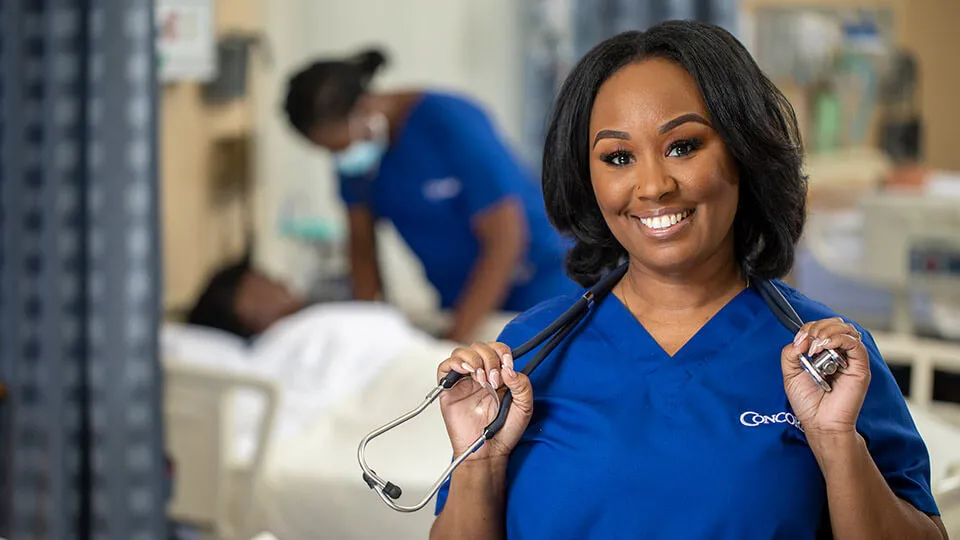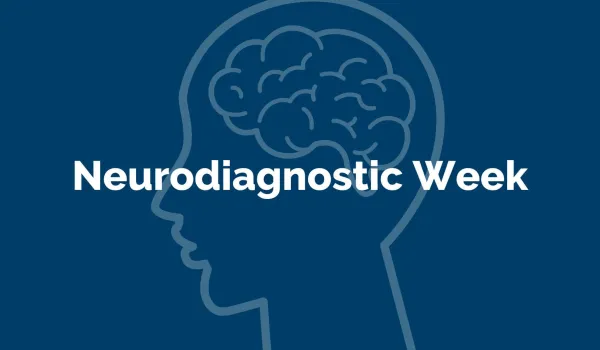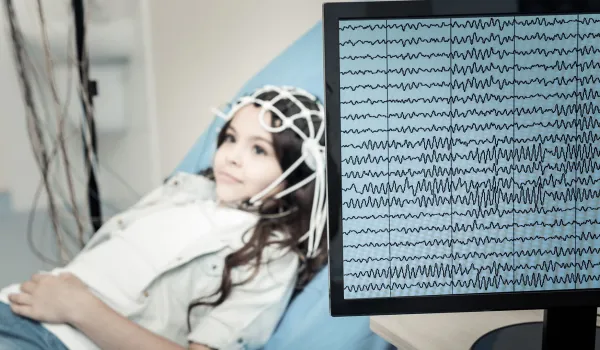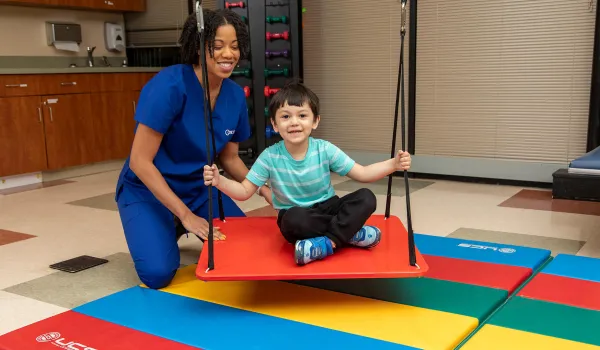Concorde Staff
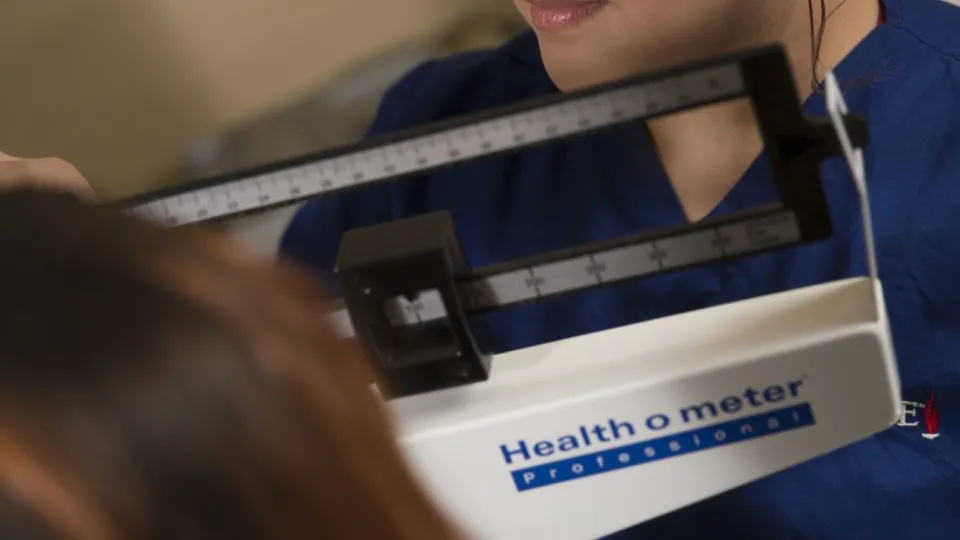
The Licensed Vocational Nurse (LVN), or Licensed Practical Nurse (LPN), is a lot of things to a lot of people. The ideal LVN is a natural at building relationships. They are empathetic, trusting, flexible, good listeners and energetic. It's a tough job that includes daily activities such as bathing, dressing, feeding and assisting patients with toileting. There's exposure to blood and bodily fluids.
Most Licensed Vocational Nurses tell you, however, that the satisfaction derived from patient relationships quickly mitigates those issues.
Our Concorde LVN/LPN programs are designed to equip students to serve effectively in a wide variety of tasks in a variety of health care settings. Through the hands-on, real-world course and clinical work, you should be prepared to sit for the NCLEX-PN exam to become a Licensed Vocational Nurse and be prepared to navigate about any situation you might come across.
It helps to have some basic, ingrained traits to be a good Licensed Vocational Nurse. We sought the advice of Lu-Ping Gamble, RN, MSN, PhDEd, Director of Nursing at Concorde's campus in Garden Grove, Calif., who has more than 25 years of experience in nursing, to learn what some of those traits are.
Here is what Nurse Gamble had to say.
5 good traits of a Licensed Vocational Nurse
Nursing is an exciting career with enormous opportunity, Gamble said. You need to know:
- How to be organized
- How to be adaptable
- How to be a quick thinker and have great judgment
- How to be accountable
- Most important, how to be empathetic with patients and willing to make a difference
Being a Licensed Vocational Nurse is well worth the sacrifice
Possessing those innate traits will give any Licensed Vocational Nurse candidate a leg up in their career. They also must possess the skills to complete the tasks of the job successfully, however, and that's where Concorde's training and education come in.
"At Concorde, we have a strong history of preparing nursing students to meet real-world needs and obtain employment," Gamble said. "You will learn nursing skills which include technical skills, interpersonal communication techniques and new ways of thinking about problem-solving."
"Your life will change in many ways in the journey of learning and practical nursing."
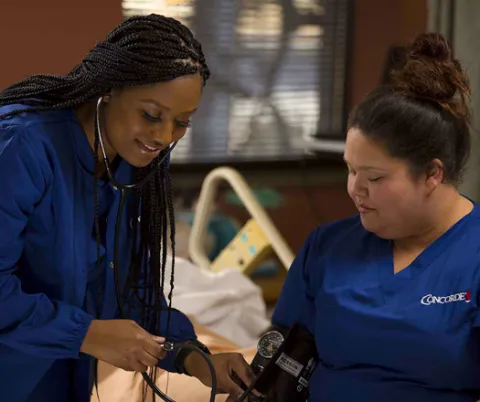
Next Steps?
Interested in learning more about our Practical / Vocational Nursing program? We have a Concorde representative ready to talk about what matters most to you. Get answers about start dates, curriculum, financial aid, scholarships and more!
